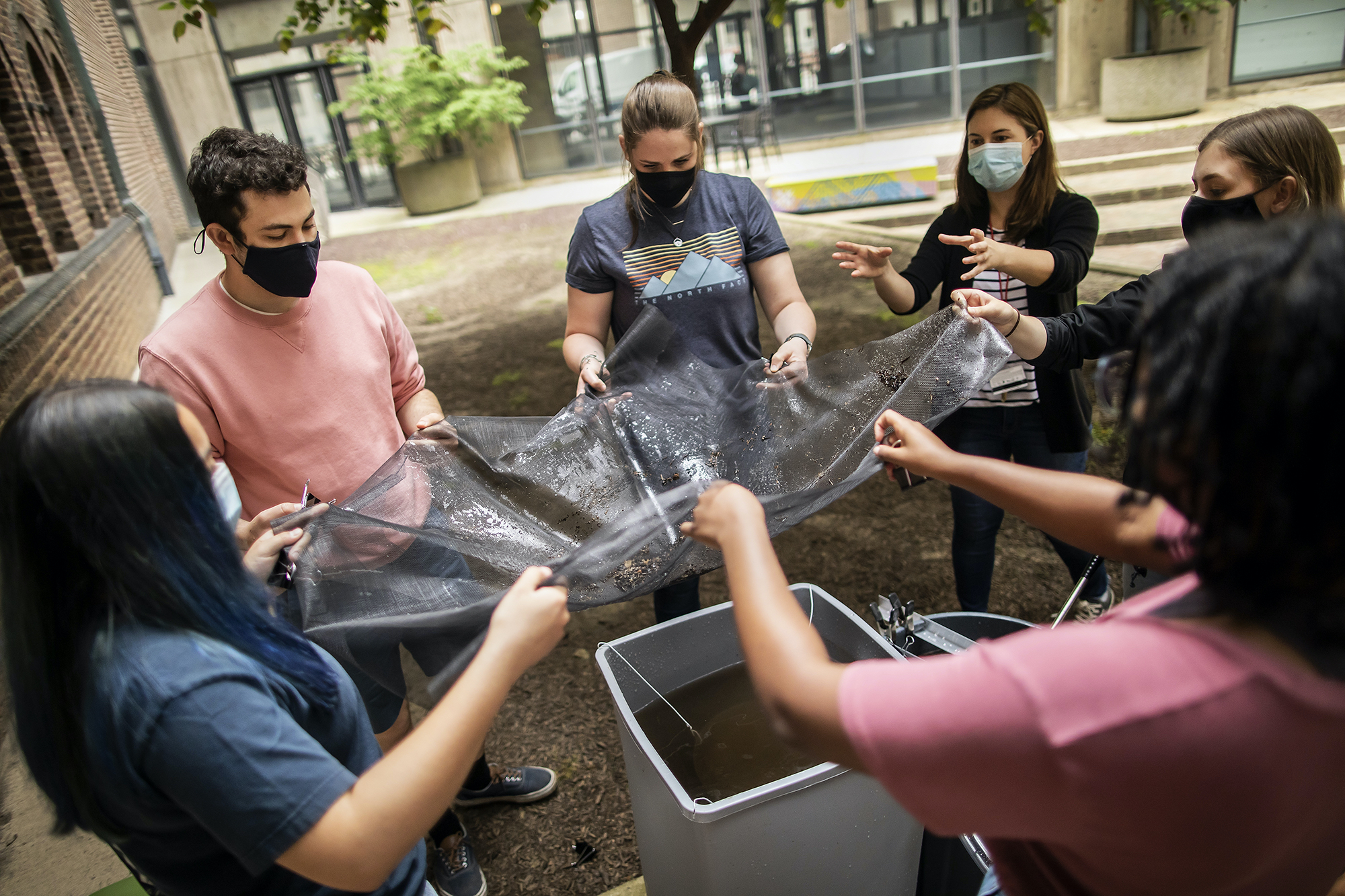
This is an online event hosted in Rye, NY United States.
Sponsored by: Institute

Cultural and educational institutions are still learning how best to overcome the limitations placed on our activities by the Covid-19 pandemic. In particular, archaeology has been drastically impacted by restrictions on international travel, and has had to find new ways to bring researchers, students, objects, and landscapes together in the study of the ancient world. Beyond the on-the-ground training that students receive by participating in international fieldwork, they have also missed out on important co-curricular learning: traveling on their own, working on a diverse team, navigating novel cultural experiences, and finding out if the ‘life’ of an archaeologist is for them.
The University of Pennsylvania Museum of Archaeology and Anthropology has a long history of both international fieldwork and excavation and student education. When confronted with another summer with no fieldwork opportunities, a team of conservators, faculty, and museum administrators developed a rigorous, on-site “Archaeological Bootcamp” that would provide Penn undergraduates with the skills that they would need in future ‘real’ fieldwork seasons. Using the collections, laboratories, and even the courtyard garden beds of the Penn Museum, the Bootcamp simulated fieldwork training in archaeobotany, field survey, ceramic analysis, digital archaeology, and field conservation, and brought in veteran archaeologists to talk about what it’s like to do fieldwork around the world. With aching backs, new friendships, and practical archaeological skills, these students will be ready to move into the field when the world reopens.
Tiballi devised the Archaeology Bootcamp program in summer 2021. She will discuss the potentials and limitations of the program for college, youth, and adult audiences. What resources (material, environmental, and human) are needed to ensure the success of such a program? What kinds of needs does it address, and will these needs change as we move into the 21st century?
Dr. Anne Tiballi is the Director of Academic Engagement at the University of Pennsylvania Museum of Archaeology and Anthropology. After completing her undergraduate degree in anthropology at Vassar College, she began graduate study at Binghamton University and performed her dissertation research on the archaeological materials from the Cemetery of the Sacrificed Women, Pachacamac, Peru, at the Penn Museum. Anne specializes in the analysis and interpretation of ancient textile materials, with a particular interest in the social dimensions of technology. Her field course on the analysis, reproduction, and field conservation of textiles from the prehistoric Andes has been held in Arequipa, Peru and at Bryn Mawr College. As Director of Academic Engagement, Anne works collaboratively with museum staff and university faculty to devise novel and effective ways to incorporate the Museum’s collections into the curriculum. She oversees student research fellowships, internships, work study, co-curricular programming, professionalization, and engagement initiatives. Anne is serving as Head of Collections, Research and Teaching at the History of Science Museum at Oxford University in 2022.